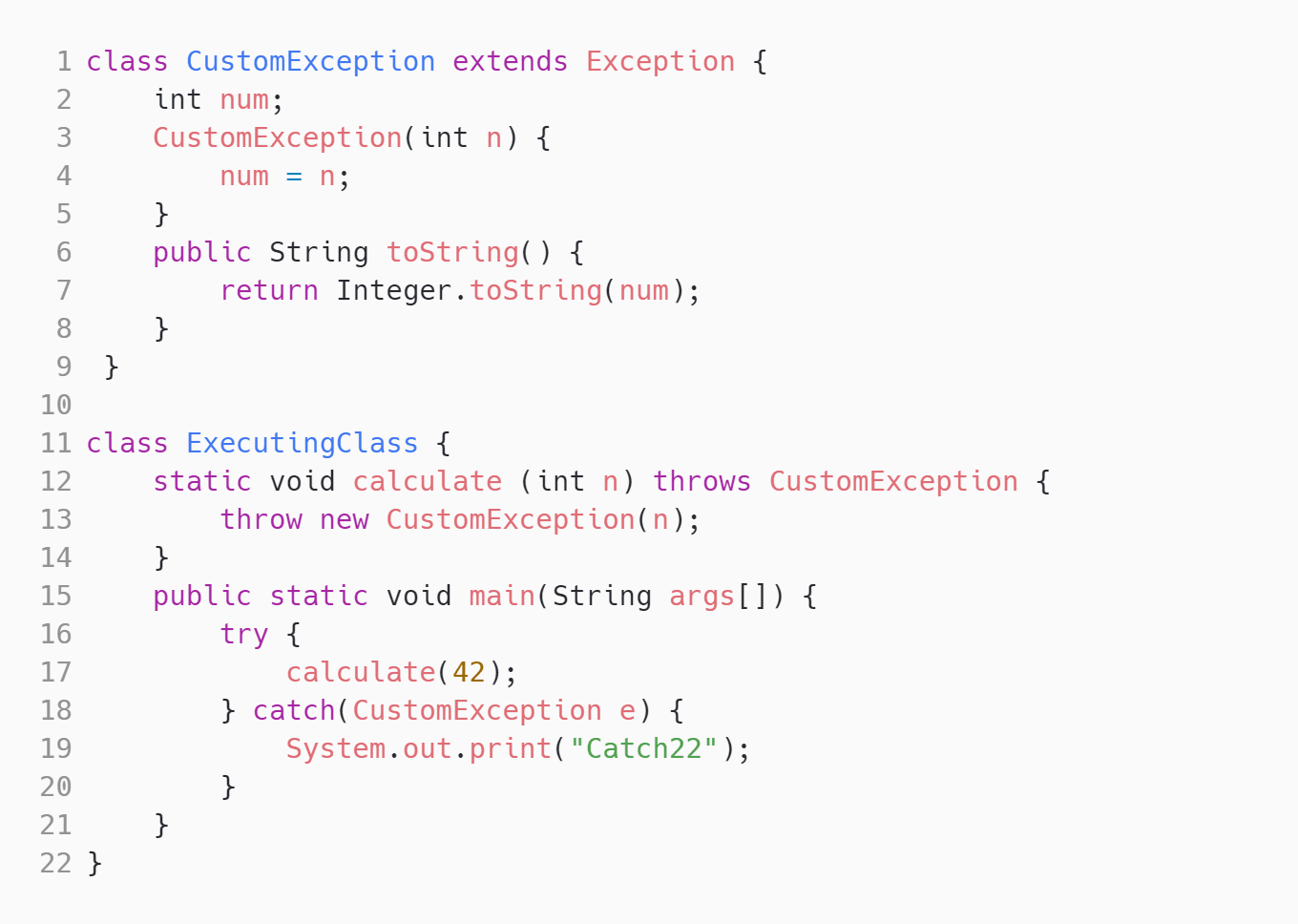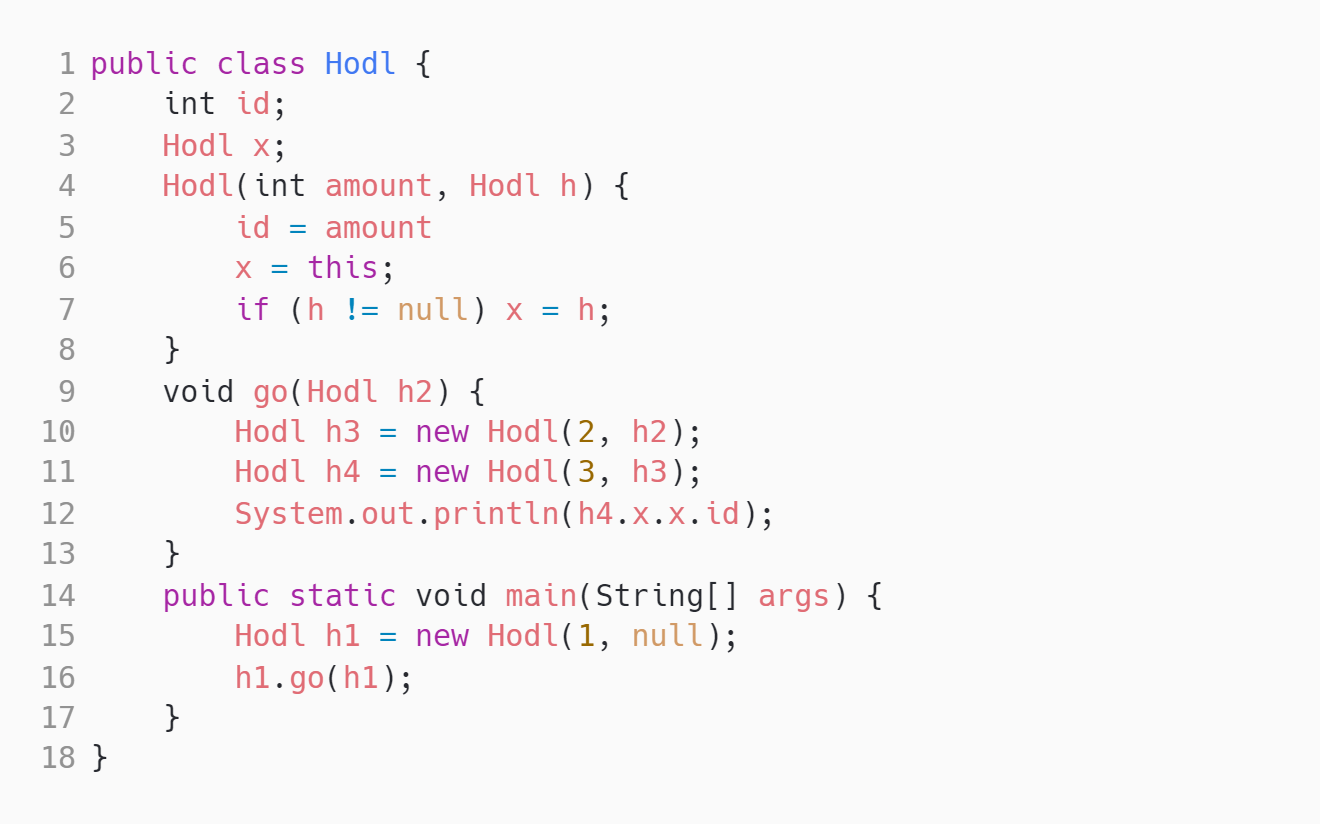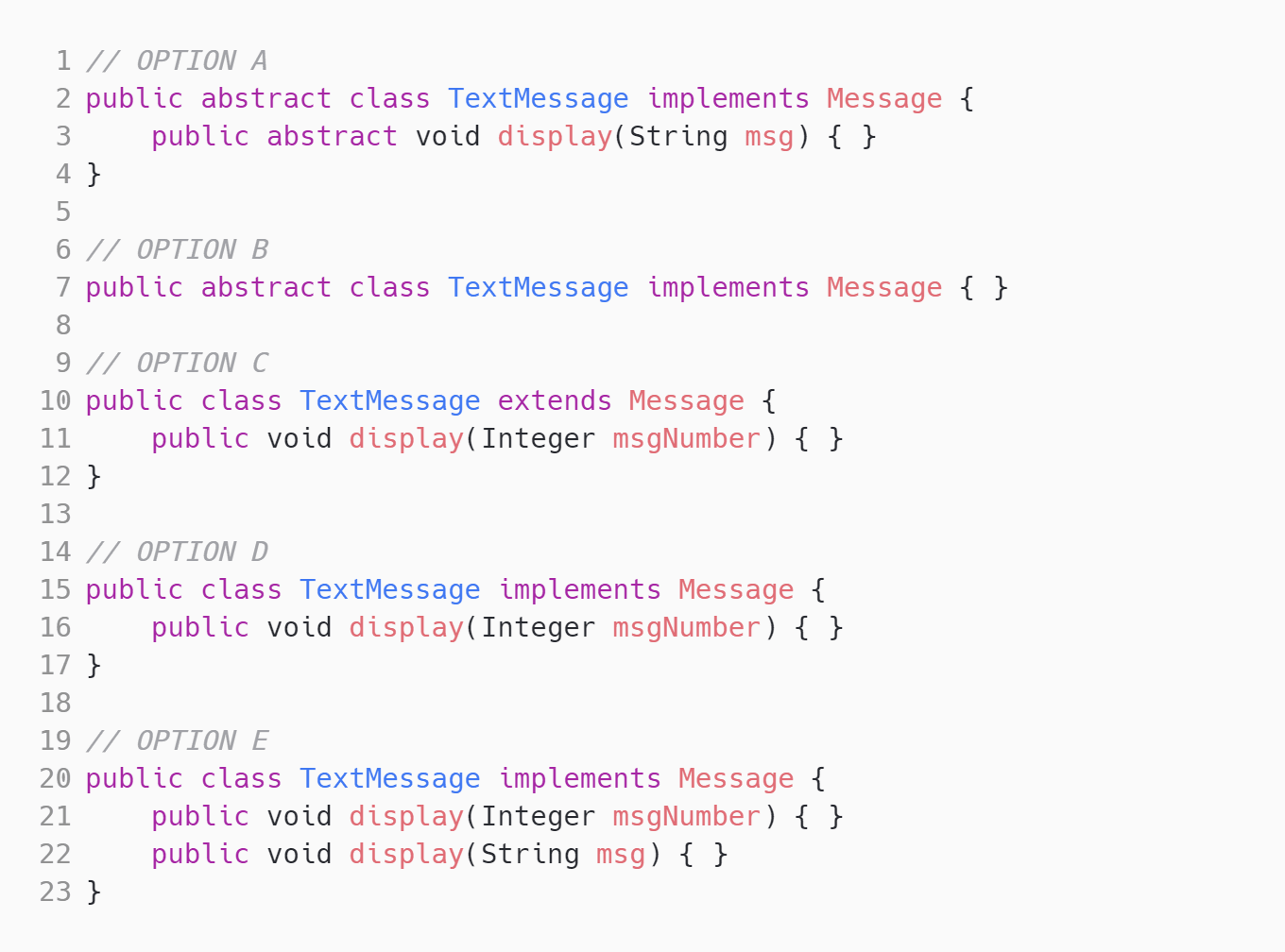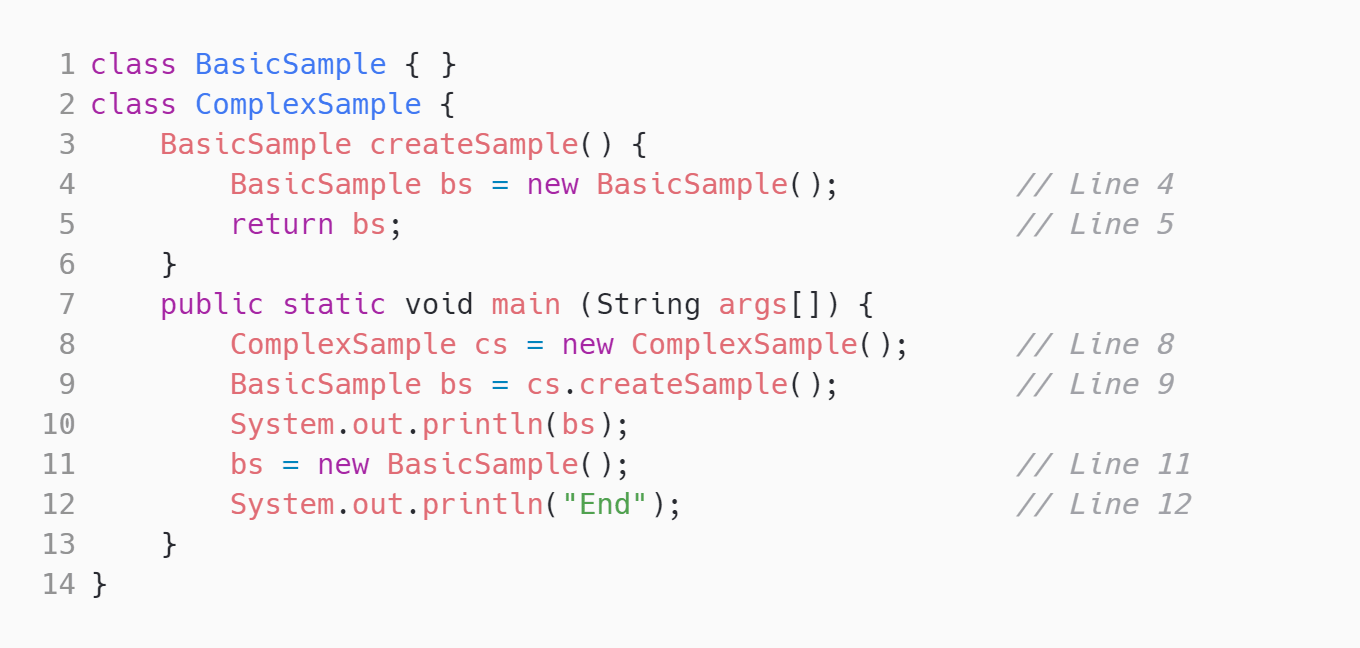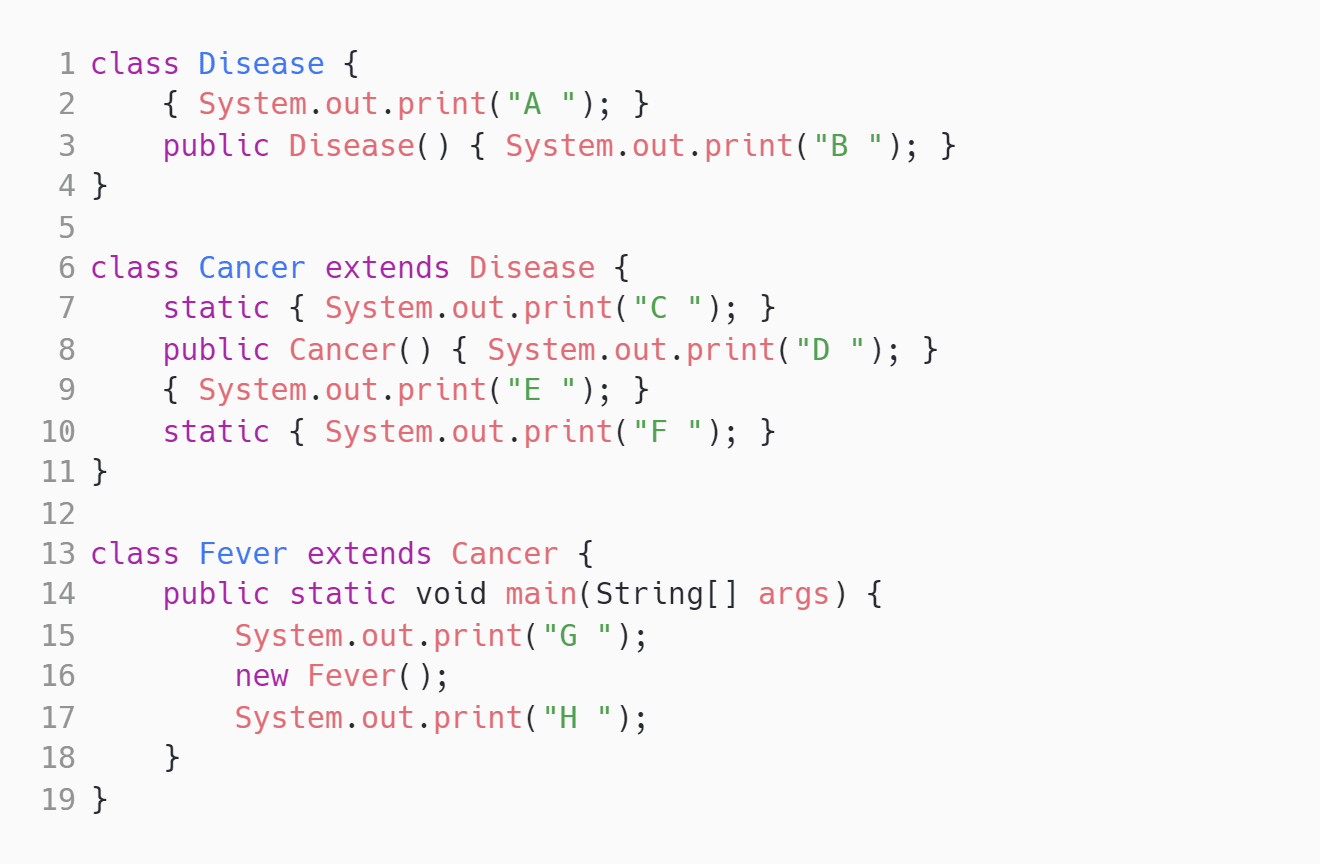JMeter Test Plans: JMeter Test Plans are the foundation of performance testing with Apache JMeter. They define the structure and flow of test scenarios, including HTTP requests, logic controllers, and configuration elements. Mastery of test plan creation is crucial for designing comprehensive performance tests that accurately simulate real-world user behavior.
Performance Testing Concepts: This skill encompasses understanding key performance metrics such as response time, throughput, and concurrency. It involves knowledge of load profiles, bottleneck identification, and performance optimization techniques. Proficiency in these concepts is essential for designing effective test strategies and interpreting test results accurately.
Load Testing Scenarios: Load testing scenarios simulate various user loads and traffic patterns to assess system performance under different conditions. This skill involves creating realistic user journeys, defining appropriate ramp-up periods, and setting concurrent user thresholds. Effective scenario design is critical for uncovering performance issues and validating system scalability.
JMeter Components: JMeter components are the building blocks of test plans, including samplers, controllers, listeners, and timers. Understanding these components and their interactions is vital for creating complex, multi-step test scenarios. This skill enables testers to leverage JMeter's full potential in simulating diverse user behaviors and system interactions.
Assertions and Listeners: Assertions in JMeter validate test responses, ensuring the system behaves as expected under load. Listeners capture and display test results, providing real-time insights into performance metrics. Proficiency in configuring assertions and interpreting listener data is crucial for effective test execution and analysis.
Thread Groups and Samplers: Thread Groups in JMeter represent sets of users executing a specific test scenario. Samplers are used to send requests to the target server, simulating user actions. Understanding how to configure thread groups and select appropriate samplers is fundamental to creating accurate load tests that reflect real-world usage patterns.
Data Parameterization: Data parameterization involves using variable data in test scripts to simulate diverse user inputs and scenarios. This skill includes techniques for reading test data from external files, generating random data, and using functions for dynamic value generation. Effective data parameterization is key to creating realistic and varied load tests.
Distributed Testing: Distributed testing in JMeter allows for the execution of large-scale load tests across multiple machines. This skill involves configuring master and slave nodes, managing test distribution, and aggregating results from multiple sources. Mastery of distributed testing is essential for simulating high-volume traffic and testing system limits.
JMeter Plugins: JMeter plugins extend the tool's functionality, offering additional samplers, listeners, and visualizations. This skill involves identifying, installing, and utilizing relevant plugins to enhance test capabilities. Knowledge of popular plugins can significantly improve the efficiency and effectiveness of performance testing efforts.
Results Analysis: Results analysis in JMeter involves interpreting performance data, identifying bottlenecks, and drawing meaningful conclusions. This skill requires understanding various performance metrics, analyzing trends, and correlating results with system behavior. Proficiency in results analysis is crucial for making informed decisions about system optimization and capacity planning.
Java Fundamentals: Java fundamentals are essential for advanced JMeter usage, including creating custom samplers and plugins. This skill covers basic Java syntax, data types, and control structures. Understanding Java enables testers to extend JMeter's capabilities and write more sophisticated test scripts.
Object-Oriented Programming: Object-Oriented Programming (OOP) concepts are important for creating modular and reusable JMeter test components. This skill includes understanding classes, inheritance, and encapsulation in Java. Proficiency in OOP allows testers to develop maintainable and scalable test frameworks within JMeter.



















